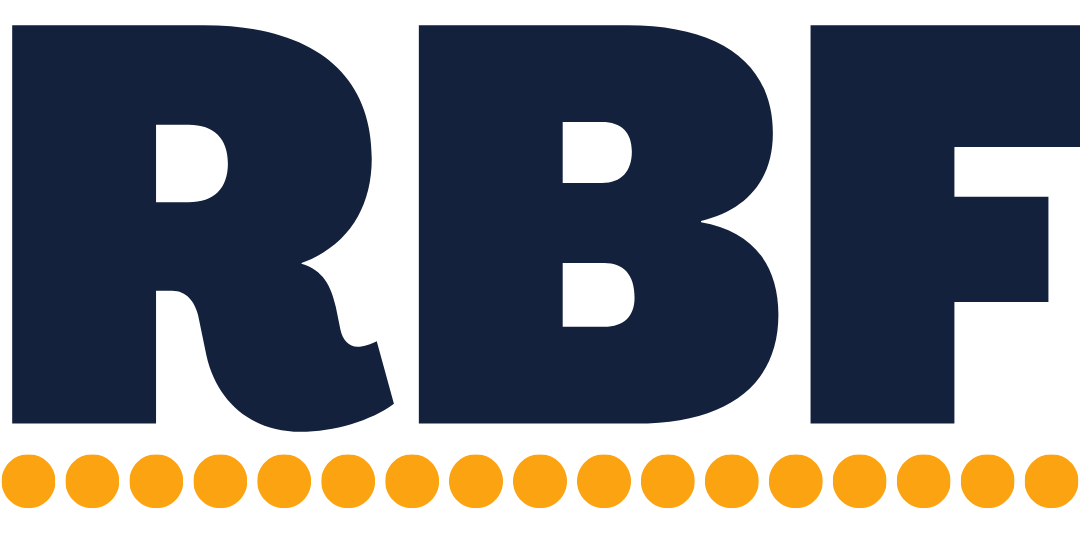Always have a Plan B
A major aspect of starting and running a successful small business is experimenting until you find what works for you then doubling down on it. You need to find the right processes, marketing channels, software, locations, employees, service providers, etc. And, once you find the right mix, everything just feels right and you’re golden. All you have to do is double down on what works and grow your way up.
But, growth isn’t linear. You’ll eventually outgrow (or something will go terribly wrong with) the processes and tools that helped get you where you are today. And, you should be prepared for that inevitability. Every aspect of your business should have a contingency plan just in case everything hits the fan. These contingency plans don’t have to be as good, successful, or fleshed out as the main plan. They just have to be good enough so you aren’t dead in the water. For example, if you don’t have backups and get hit with a ransomware attack, then what? You’re sunk. But, at the very least, if you just had PDF copies of all your documents, you could recreate everything. (Although, a true file backup would probably be better.)
Contingency plans worth having:
Info backups: If it doesn’t exist in 2+ (unconnected) places, it doesn’t exist. A ransomware, network outage, or freak accident can take out all your info in one location. Back up your data. All of it. Marketing materials, client files, written processes, accounting records, everything important.
Insurance: Disability and/or business interruption insurance are a great part of worst-case-scenario contingency plans. They’ll give you the funding to run your business (and by extension, pay your personal living expenses) while picking up the pieces.
Payment processor problems: For some reason, most new small businesses love starting with Paypal (probably because most new business owners are already familiar with it). And, it works great, until it doesn’t. Paypal is notorious for freezing accounts. Either regularly pull your funds out at the end of the day/week or switch to a more reliable processor like Stripe. And, always have a backup payment processor in mind.
Marketing channels: Never rely on just one marketing channel, especially one that isn’t full under your control. For example, a lot of people have built successful businesses solely off LinkedIn content marketing, until they get banned and their entire marketing plan disappears overnight. There should be a backup plan that you can pivot to. Another social channel like Instagram, or something totally different like guesting on podcasts or paid ad spend.
Accounting records: You have no idea how many new clients I onboard with incomplete accounting records. Piecing them back together is like the most depressing Easter Egg hunt you could possibly be a part of and you’ll never find it all. IRS transcripts, state portals, and recreating documentation can only go so far. You WILL miss something. Keep copies of your personal tax returns (Form 1040), business tax returns (sole prop’s and SMLLCs will be part of your 1040, separate entities will be Form 1120/1120S/1065), payroll tax returns (Forms 940/941, Forms W2s/W3, and state returns), sales tax returns, whatever tax returns, and, at leasttt, annual Profit & Loss reports (although, a full general ledger dump into a CSV would be best). (I’m currently piecing back together a ghost S-corp that I know exists, but has no records – at all 🙃 there’s nothing except for a small, one line reference on page 17 of a tax return that it exists.)
Action Item: Backup your data. If you use Gsuite or Office365, you already have access to Google Drive or Microsoft Onedrive. Copy everything that isn’t sensitive (eg tax returns, credit card info, etc) in there.
